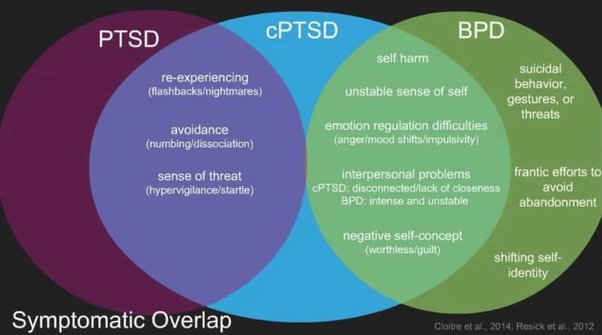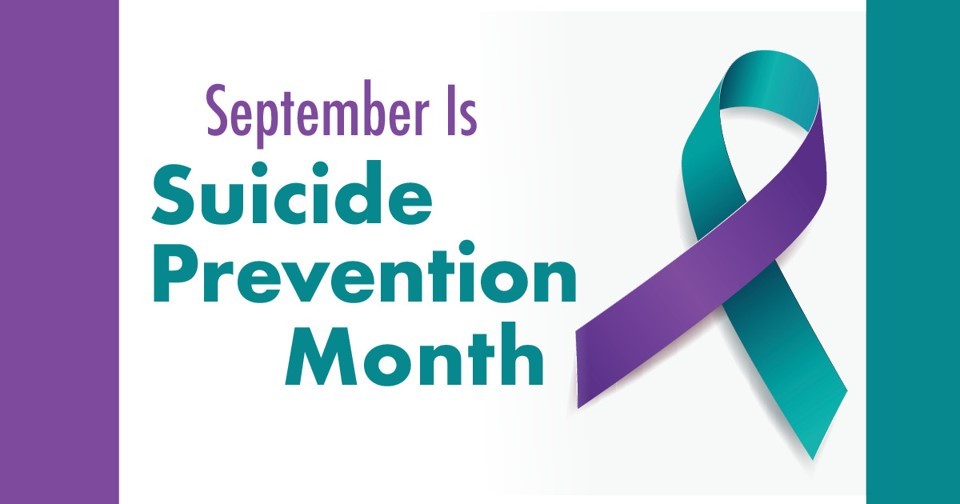Suicide Awareness Month
Suicide Prevention and Awareness Month 2024: Supporting Others and Self-Care September is recognized as Suicide Prevention and Awareness Month, a crucial time to shine a light on mental health challenges and the importance of providing support to those in need. This year, Mountain Valley Counseling wants to focus not only on how to support those struggling but also on the necessity of self-care for caregivers. Understanding the Context In recent years, suicide rates have tragically increased, highlighting a growing mental health crisis. Factors contributing to this rise include: Social Isolation: The COVID-19 pandemic exacerbated feelings of loneliness and disconnectedness. Many individuals are still grappling with the emotional aftermath, which can lead to increased suicidal ideation. Economic Stress: Financial instability, job loss, and the rising cost of living can overwhelm individuals, creating a sense of hopelessness. Access to Mental Health Resources: Despite growing awareness, access to mental health care remains limited…
How new age therapies re-brand psychoanalytic concepts that have been around since Freud
How Freud’s ideas show up in new age contemporary therapy modalities Sigmund Freud, often regarded as the father of psychoanalysis, is a figure whose contributions to psychology and psychotherapy have been both revolutionary and controversial. While Freud’s theories have faced significant criticism, it’s essential to recognize that many modern therapeutic approaches and psychological theories have built upon, adapted, or even rediscovered concepts originally proposed by Freud. This essay explores why Freud doesn’t deserve the bad reputation he sometimes gets and argues that many contemporary psychological practices are deeply rooted in Freudian ideas, albeit under different names. Freud’s Legacy and Modern Adaptations Sigmund Freud’s work laid the foundation for much of modern psychology, particularly in the realm of understanding the unconscious mind and the therapeutic process. Freud’s theories, such as the role of the unconscious, defense mechanisms, and the significance of early childhood experiences, have profoundly influenced the field. Over…
The Value of Psychodynamic Psychotherapy
The Efficacy of Psychodynamic Therapy in Mental Health Psychodynamic therapy, a practice evolving from the roots of Freudian psychoanalysis, offers a profound method for understanding and addressing mental health disorders. This therapeutic approach delves into the depths of the unconscious, exploring how early experiences shape our behaviors and emotional well-being. At its core, psychodynamic therapy operates on the belief that unconscious processes and past experiences significantly influence our current behavior and emotional state. It emphasizes the role of defense mechanisms and unresolved conflicts, particularly those stemming from childhood. By bringing these to the forefront of consciousness, it aims to uncover the roots of psychological distress. The therapy process is characterized by a close therapeutic relationship, where patients are encouraged to speak freely about their thoughts, feelings, dreams, and fantasies. This open dialogue helps uncover patterns and conflicts hidden within the unconscious mind, facilitating insight and resolution. Evidence suggests that psychodynamic…
Some therapy clarifications and rationals.
A better understanding of the therapeutic relationship.
The illusion of quick fixes…
Be an informed consumer of trauma therapy.
The way I view individual psychology and the practice of therapy.
My way of thinking about therapy…




